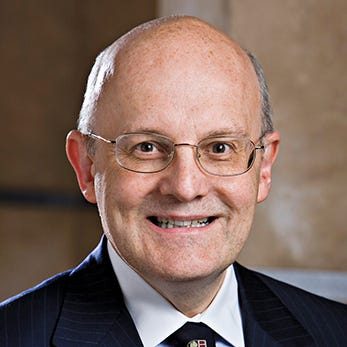
In The Missing Billionaires, the authors noted, “some pretty spectacular financial train wrecks could be largely attributed to decision-makers focusing on maximizing wealth rather than the utility we get from spending our wealth.”1 They opined that one of the principles of an optimal spending and investing policy in retirement is to “react to changes in the value and quality of our investments, after tax and inflation-adjusted.”2
Their insights are relevant to certain donors who fund qualified charitable remainder trusts (CRTs) with strong investment performance.
Sample Scenario
Let’s examine the situation of Theresa Tech, a successful investor in biomedical engineering technology. In 2019, at age 66, she contributed highly appreciated s...
Unlock All Access Premium Subscription
Get Trusts & Estates articles, digital editions, and an optional print subscription. Choose your subscription now and dive into expert insights today!
Already Subscribed?








